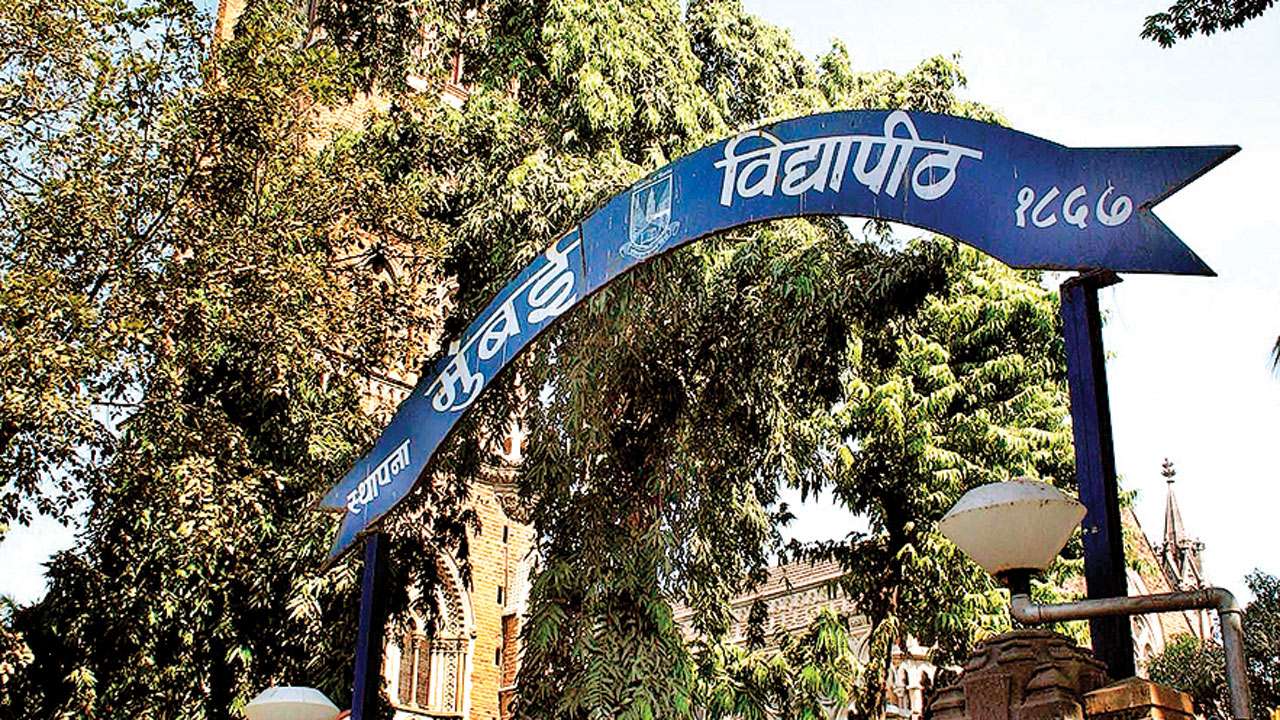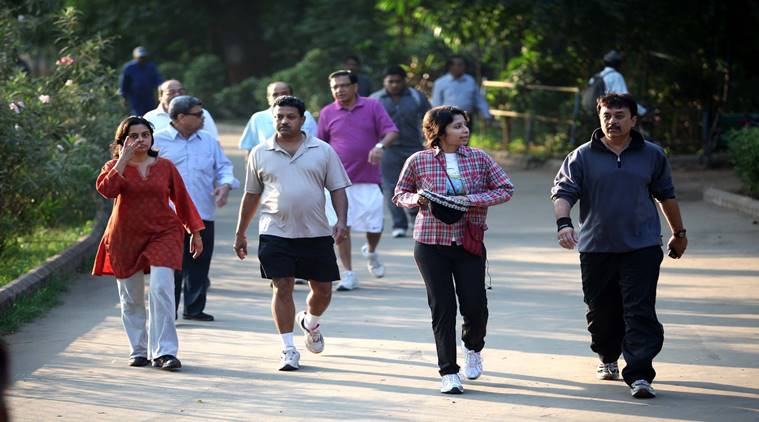The 2018 University Grants Commission regulations had limited contract teacher appointments to 10 per cent of an institution’s total faculty positions. The new draft regulations have also removed the cap on such appointments.
UGC eases hiring contract teachers, opens V-C post to non-academics too, ugc hiring procedure, non academic, The new rules will be finalised after the higher education regulator receives public feedback on the draft.
In a major overhaul of the process of appointment of leaders in higher education, the University Grants Commission (UGC) issued new rules Monday which effectively give Governors in states broader powers in appointing Vice-Chancellors and opened the position to industry experts and public sector veterans, thus breaking from the tradition of selecting only academicians.
According to government sources, if approved as is, the new regulations will give Chancellors greater control over Vice-Chancellor selection. This will likely have significant ramifications for Opposition-ruled states such as Tamil Nadu, West Bengal, and Kerala, where the government and Governor (who serves as Chancellor of state universities) are currently locked in disputes over the top academic appointment process.
The new draft regulations — titled ‘University Grants Commission (Minimum Qualifications for Appointment and Promotion of Teachers and Academic Staff in Universities and Colleges and Measures for Maintenance of Standards in Higher Education) Regulations, 2025’ — have also removed the cap on contract teacher appointments.
The 2018 regulations had limited such appointments to 10 per cent of an institution’s total faculty positions.
The new rules will be finalised after the higher education regulator receives public feedback on the draft.
“The Chancellor/Visitor shall constitute the Search-cum-Selection Committee comprising three experts,” the new regulations state. Earlier, the regulations mentioned that the selection for the post of Vice-Chancellor should be through proper identification by a panel of 3–5 persons formed by a Search-cum-Selection Committee but did not specify who would constitute the committee.
According to a senior government official, there are at least two Supreme Court judgments that make the UGC regulations, especially those pertaining to academic appointments, applicable to state universities as well.
In other words, Governors in states who are Chancellors of state universities now have more control over the selection process and also have the final say on the V-C appointment. The draft guidelines also warn that non-implementation may result in debarring an institution from participating in UGC schemes or from offering degree programmes.
“Every time we revise UGC regulations, we try to make changes based on past experiences. As far as Vice-Chancellor appointments are concerned, we have tried to make the selection process as clear as possible, leaving no room for ambiguity,” said a senior government official. When asked if the change was influenced by the tussle between the Government and Governors in some states, the official said, “The regulation doesn’t mention the Governor anywhere. Whoever is the Chancellor will appoint the selection committee.”
Another key change in the draft regulations is that university Vice-Chancellors need not be professors, but can be individuals at senior levels in industry, public policy, public administration, or public sector undertakings, going by the University Grants Commission’s (UGC) new draft regulations on appointment and promotion of teachers and academic staff in universities and colleges.
Another key change in the draft regulations is that it does away with the Academic Performance Indicators (API) system– a score that determines the recruitment and promotion of teachers based on parameters such as publication in journals. Instead, “notable contributions” across nine categories are to be considered for recruitment and promotion of teachers, including “teaching contributions in Indian languages” and “teaching-learning and research in Indian Knowledge Systems.”
According to UGC Chairman M Jagadesh Kumar, the API system in the 2018 regulations “heavily relied on quantitative metrics, reducing academic performance to numerical scores.”
“In the previous regulations, candidates were often judged primarily on numerical criteria, such as journal or conference publication counts. The 2025 regulations discontinue the API-based shortlisting and adopt a more qualitative approach, allowing selection committees to assess candidates holistically based on their notable contributions and broader academic impact…,” he said.
Other notable contributions that will be considered are innovative teaching contribution, research or teaching lab development, consultancy or sponsored research funding as a principal investigator or co-principal investigator, student internship or project supervision, digital content creation for massive open online courses (MOOCs), community engagement and service, and a “startup”, registered with the Registrar of Companies as “a founding promoter, successfully raising funding through government, angel or venture funds to support the startup.”
Kumar said the subject experts in the selection committee for these hirings will evaluate the notable contributions “in a transparent way as decided by the selection committee.”
“The draft regulations expand the scope to identify leaders who can navigate complex systems, foster innovation, and build meaningful collaborations between academia, industry, and society in alignment with the vision of NEP 2020,” he said.
Earlier regulations issued in 2018 had said that the V-C should be a “distinguished academician”, with a minimum of ten years of experience as a Professor in a University or ten years of experience “in a reputed research and/or academic administrative organisation with proof of having demonstrated academic leadership.”
The new draft regulations say that the V-C candidate is to be a “distinguished person possessing high academic qualifications and demonstrated administrative and leadership capabilities”, with a minimum of ten years of experience as a professor in a higher educational institutions, or at a senior level in reputed research or academic administrative organisations, or at a senior level in industry, public administration, public policy and or public sector undertakings, with a “proven track record of significant academic or scholarly contributions.”
On doing away with the cap on appointments of contract teacher, Kumar said that it was done away with “to give some flexibility to higher educational institutions considering the fact that in many state universities, there are many faculty vacancies and they are making efforts to fill them up.”
“Once the state governments fill up the vacancies, contract basis appointments are expected to be less,” he said.
The general conditions for appointment of teachers in the new draft regulations also say that if the candidate’s subject at the undergraduate or postgraduate level is different from the PhD subject, the candidate will be considered eligible for appointment as a teacher in the subject in which they obtained the PhD. Additionally, if the candidate’s subject at the undergraduate or postgraduate level is different from their subject in qualifying exams like the NET or SET, the candidate will be eligible for appointment as a teacher in the subject in which they qualified in these exams. The 2018 regulations did not make such specifications.
“This is an important flexibility to remove rigid subject boundaries and allow faculty applicants to transition across disciplines, creating a more multi-disciplinary eco-system within university campuses as envisaged in NEP 2020,” Kumar said.
Source: https://indianexpress.com/article/education/ugc-eases-hiring-contract-teachers-opens-v-c-post-to-non-academics-too-9763765/


 The University Grants Commission (UGC) plans to form a high-powered panel to suggest norms to curb bullying in colleges and universities and to come up with an implementation plan. (HT FILE)
The University Grants Commission (UGC) plans to form a high-powered panel to suggest norms to curb bullying in colleges and universities and to come up with an implementation plan. (HT FILE)
 The higher education institutes plan to include fitness in the curriculum. (Express Photo By Bhupindra Rana/ Representational image)
The higher education institutes plan to include fitness in the curriculum. (Express Photo By Bhupindra Rana/ Representational image)

